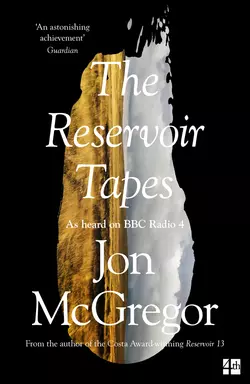The Reservoir Tapes

Jon McGregor
Тип: электронная книга
Жанр: Современная зарубежная литература
Язык: на английском языке
Стоимость: 542.29 ₽
Статус: В продаже
Издательство: HarperCollins
Дата публикации: 16.04.2024
Отзывы: Пока нет Добавить отзыв
О книге: As broadcast on BBC radio 4: the fifteen ‘prequel’ stories to the Costa Award-WinningReservoir 13.‘He leaves behind all other writers of his generation’ Sarah HallMidwinter in the early years of this century. A teenage girl on holiday has gone missing in the hills at the heart of England. The villagers are called up to join the search, fanning out across the moors as the police set up roadblocks and a crowd of news reporters descends on their usually quiet home.But the aftershocks of Becky Shaw’s disappearance have origins long before then, and those in the village have losses, and secrets, and stories of their own…A woman remembers a son’s inexperience – and a father’s rage; a young wife pushes against the boundaries of her marriage, whilst an older one finds ways to ensure the survival of hers. A hunt for a birthday present takes an alarming turn, and a teenage game grows serious.Fresh hurts open old wounds, salvation comes from unexpected quarters and chance encounters release long-buried memories.First broadcast as a series of specially commissioned stories on BBC Radio 4, The Reservoir Tapes returns to the territory of the Booker-longlisted Reservoir 13, revealing the web of connections that bind us, and the many layers on which we all build our truths.